70 questions. You have1 hour. and 45 minutes to complete the exam.
| QuestionTopics |
Percentageon Exam |
| EMS Operations |
20% |
| Medical / Obstetrics / Gynecology |
20% |
| Trauma |
20% |
| Cardiology and Resuscitation |
20% |
| Airway, Respiration and Ventilation |
20% |
| Total |
100% |
70 questions. You have 2hour.s to complete the exam.
| QuestionTopics |
Percentageon Exam |
| Airway, Respiration and Ventilation |
20% |
| EMS Operations |
12% |
| Medical / Obstetrics / Gynecology |
28% |
| Trauma |
21% |
| Cardiology and Resuscitation |
19% |
| Total |
100% |
70 questions. You have 2hour.s to complete the exam.
| QuestionTopics |
Percentageon Exam |
| EMS Operations |
12% |
| Trauma |
21% |
| Cardiology and Resuscitation |
19% |
| Airway, Respiration and Ventilation |
20% |
| Medical / Obstetrics / Gynecology |
28% |
| Total |
100% |
70 questions. You have2 hour.s and 30 minutes to complete the exam.
| QuestionTopics |
Percentageon Exam |
| Cardiology and Resuscitation |
19% |
| Airway, Respiration and Ventilation |
20% |
| EMS Operations |
12% |
| Medical / Obstetrics / Gynecology |
28% |
| Trauma |
21% |
| Total |
100% |
